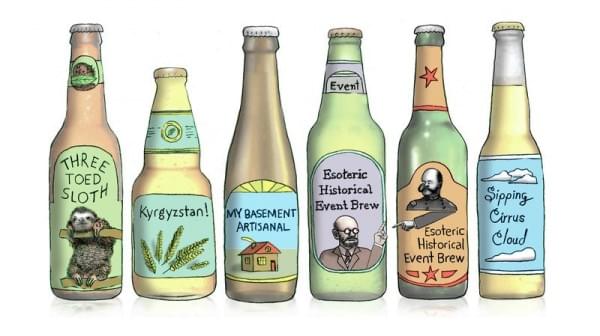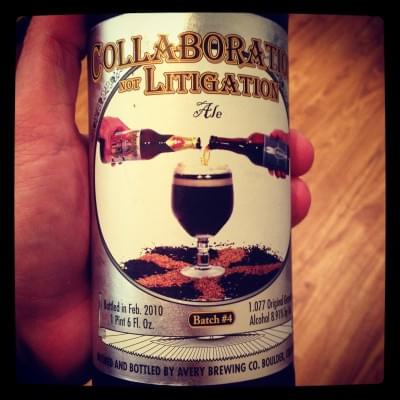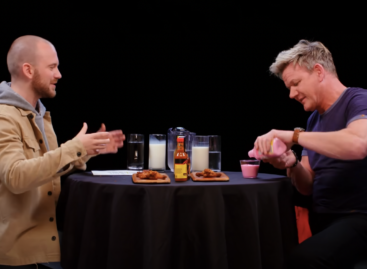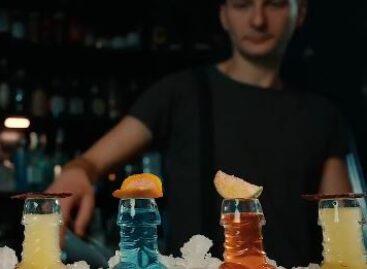What shall I call you?
Columbia? Taken. Mississippi? Taken. Sacramento? El Niño? Marlin? Grizzly? Sorry, they're all taken.
Virtually every large city, notable landscape feature, creature and weather pattern of North America — as well as myriad other words, concepts and images — has been snapped up and trademarked as the name of either a brewery or a beer. For newcomers to the increasingly crowded industry of more than 3,000 breweries, finding names for beers, or even themselves, is increasingly hard to do without risking a legal fight.
Candace Moon, aka The Craft Beer Attorney, is a San Diego lawyer who specializes in helping brewers trademark ideas and also settle disputes. Moon tells The Salt she has never seen a brewery intentionally infringe upon another's trademarked name, image or font style. Yet, with tens of thousands of brands in the American beer market, it happens all the time.
“There are only so many words and names that make sense with beer, so it's not surprising that many people will come up with the same ideas,” Moon says.
A frequently recurring issue, she says, is different breweries thinking they've coined the same hopcentric puns and catchphrases for their beers. A quick Google search reveals multiple beers named “Hopscotch,” and at least three India Pale Ales with the name “Bitter End.”
Name overlaps may not matter as long as the beers are sold in different regions, but in such cases, Moon says, would-be conflicts often go unresolved.
When two large breweries with broad distribution are involved, the matter is almost always settled, sometimes amicably.
For example, when the brewers at Avery in Colorado and Russian River in California discovered that they each had a beer named Salvation, they met at an annual Colorado beer festival to talk it out. Vinnie Cilurzo, co-owner and brewmaster of Russian River Brewing Co., says that neither he nor Adam Avery knew who had coined the name. Nor were they particularly worried about it. Still, they took the opportunity to come to a clever compromise. They combined their beers in a blend and named it Collaboration Not Litigation.
Other cases get ugly. In July 2013, Lagunitas Brewing Co.'s owner, Tony Magee, received a cease-and-desist order from SweetWater Brewing Co. in Atlanta demanding that the Northern California brewing giant stop using the marijuana code “420” in the cryptic artwork and messaging found on many Lagunitas beer labels. Since the 1990s, SweetWater had made a beer called 420 Extra Pale Ale. Magee, who responded to the demand with a volley of Twitter jabs at SweetWater, quickly agreed to the demand.
Related news
Related news
First We Feast studio, which produces Hot Ones, has been sold – George Soros’ company is among the new owners
Buzzfeed has sold its First We Feast studio, which produces…
Read more >(HU) Kemény leánybúcsúk kelléke – A nap videója
Sorry, this entry is only available in HU.
Read more >







